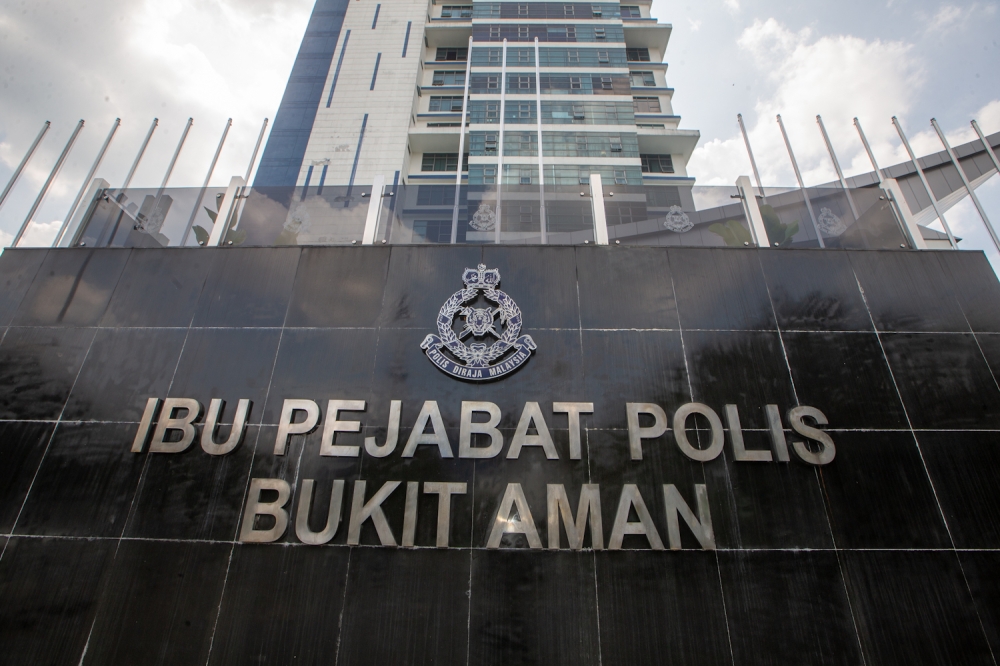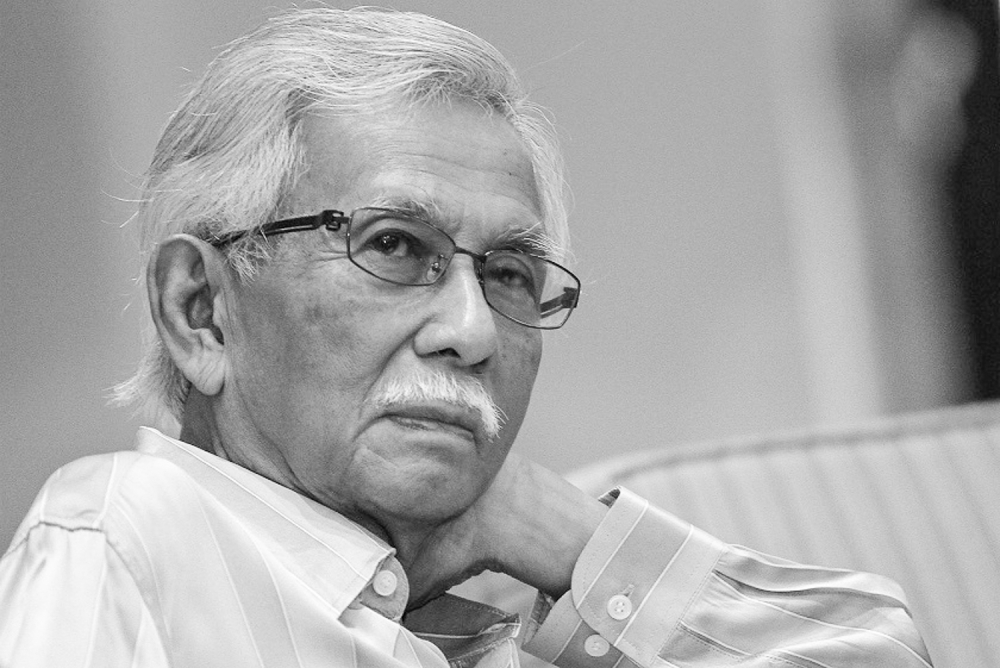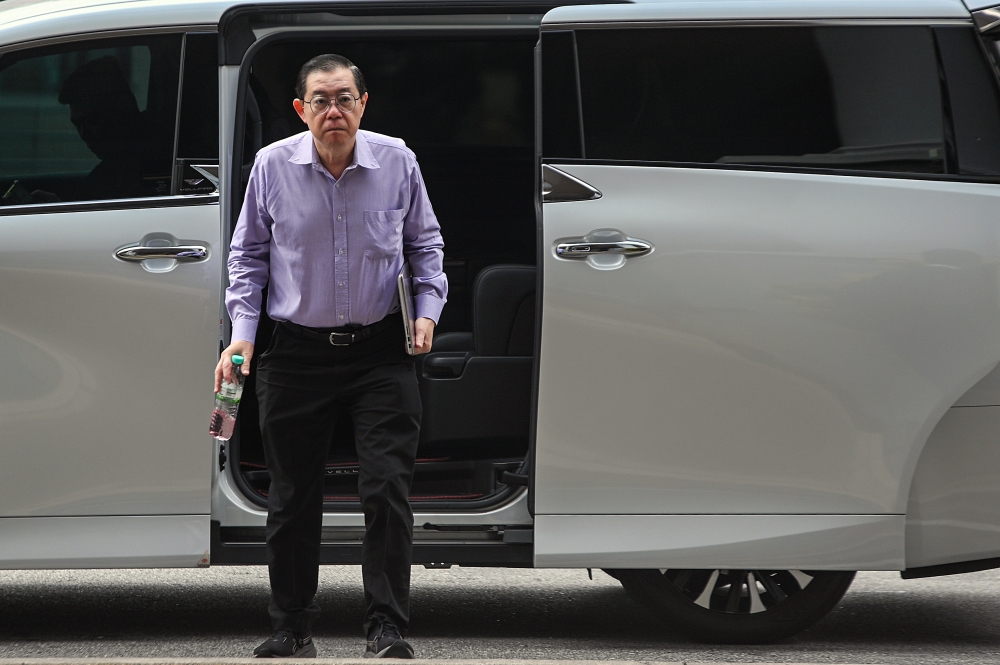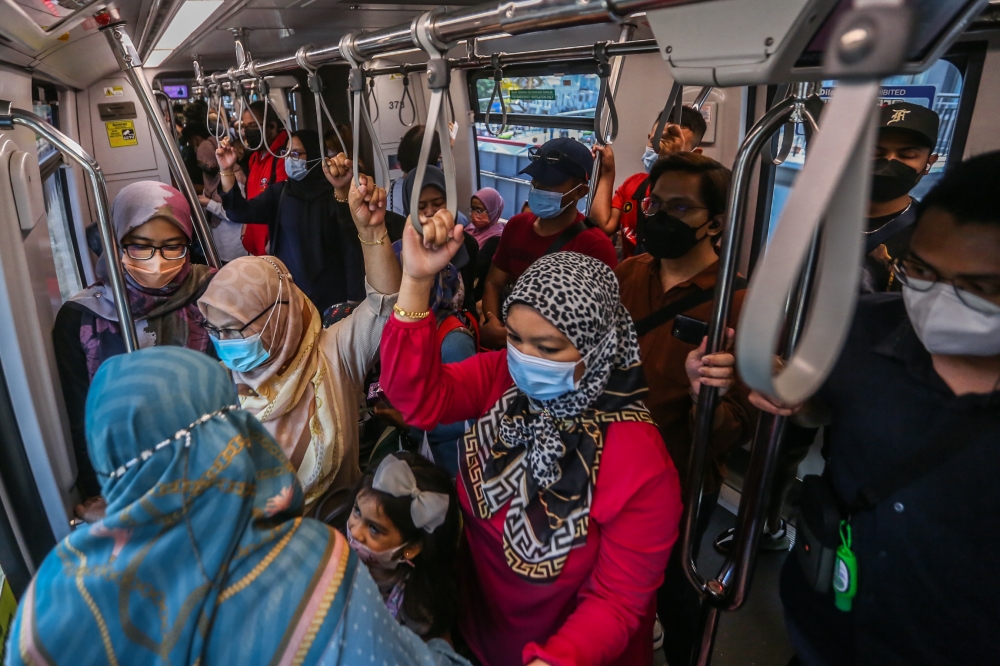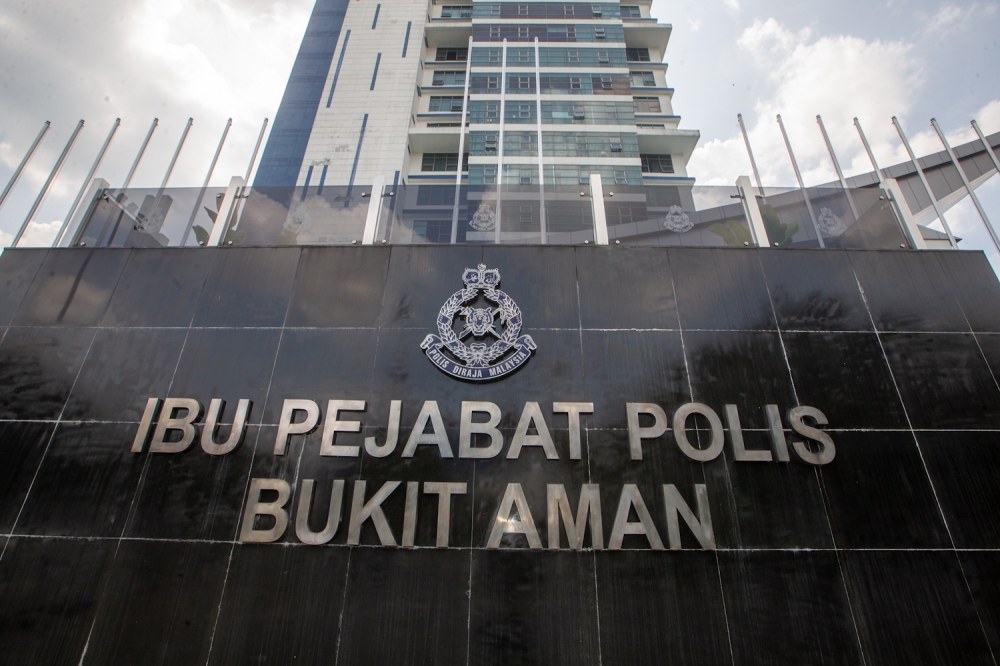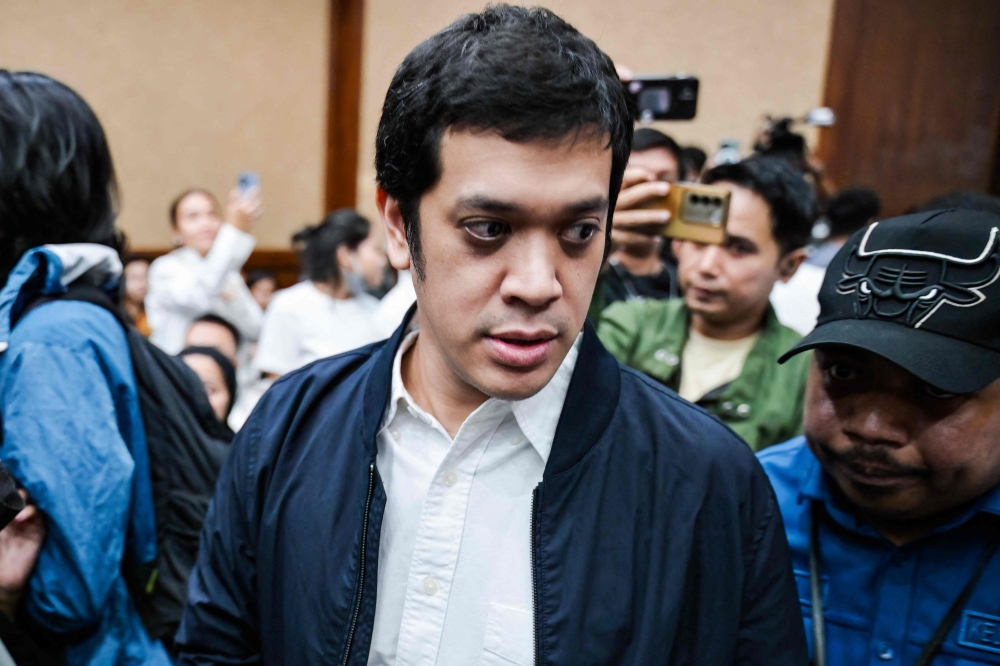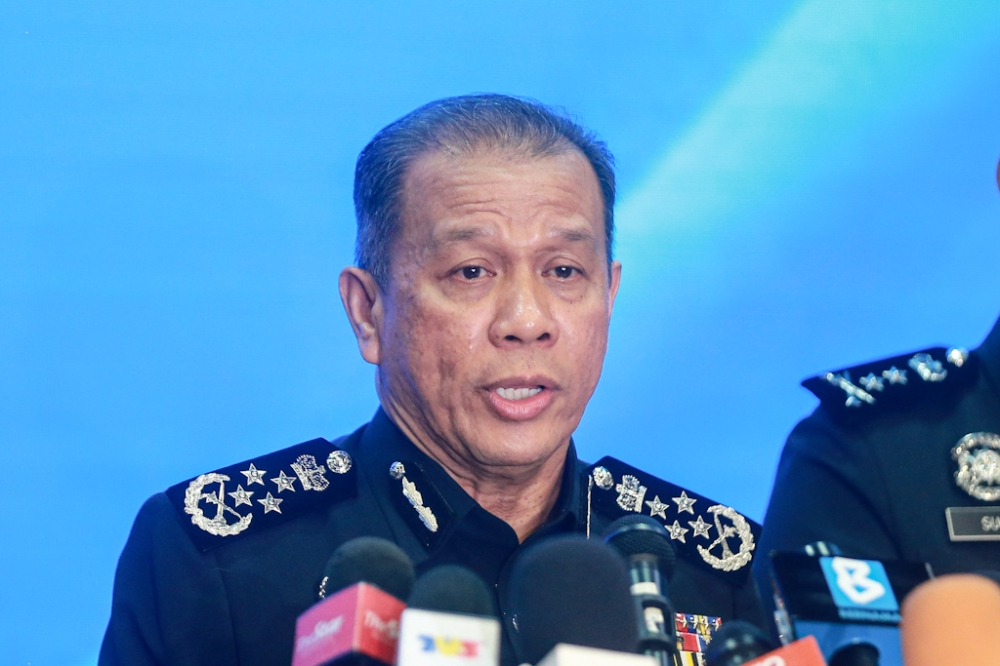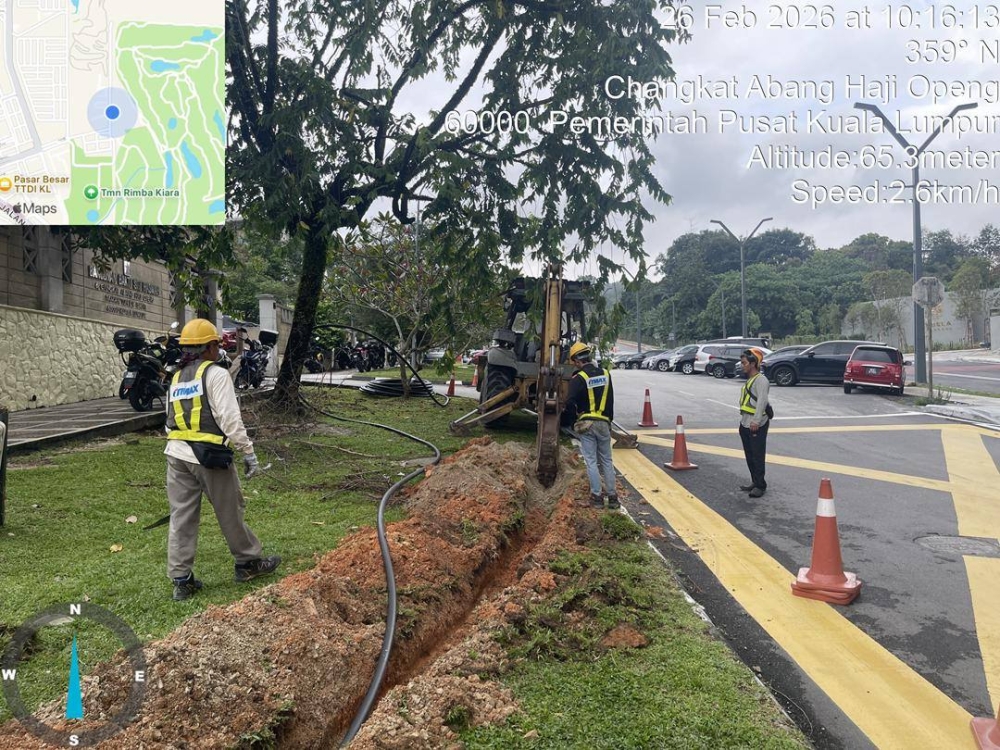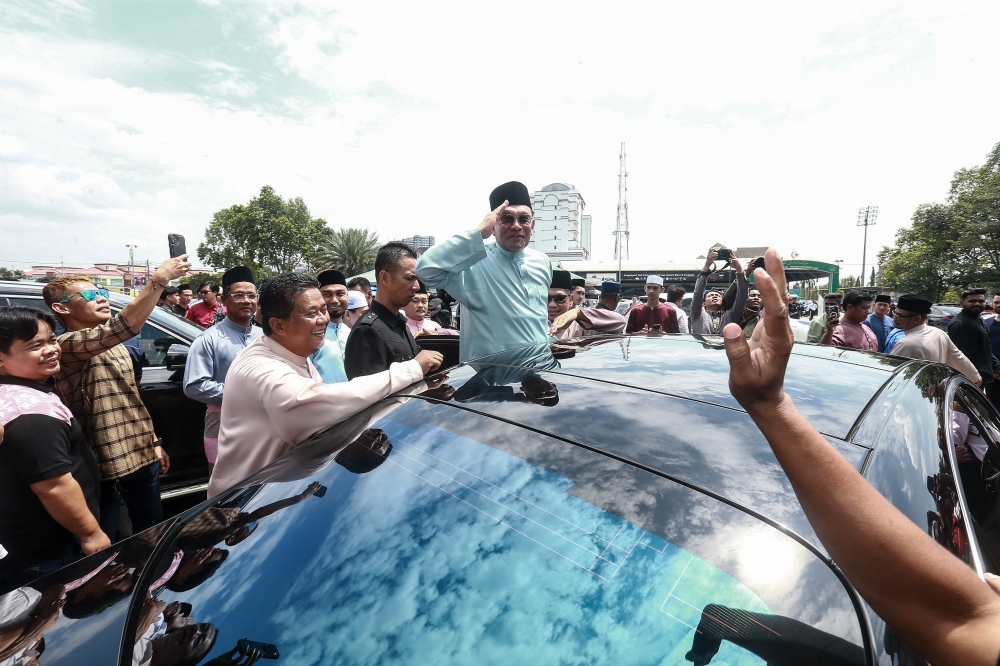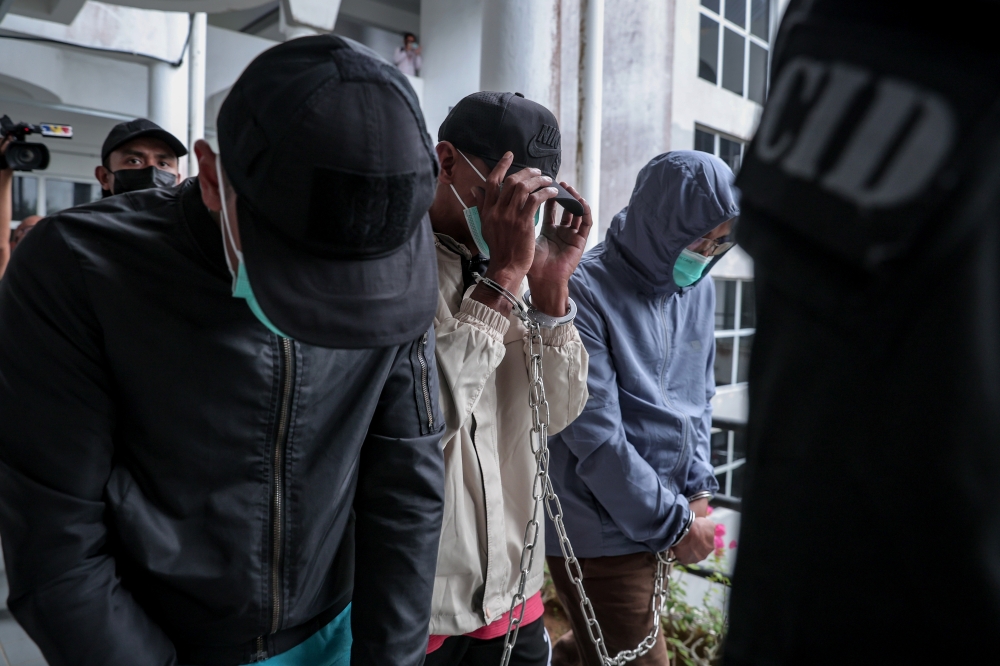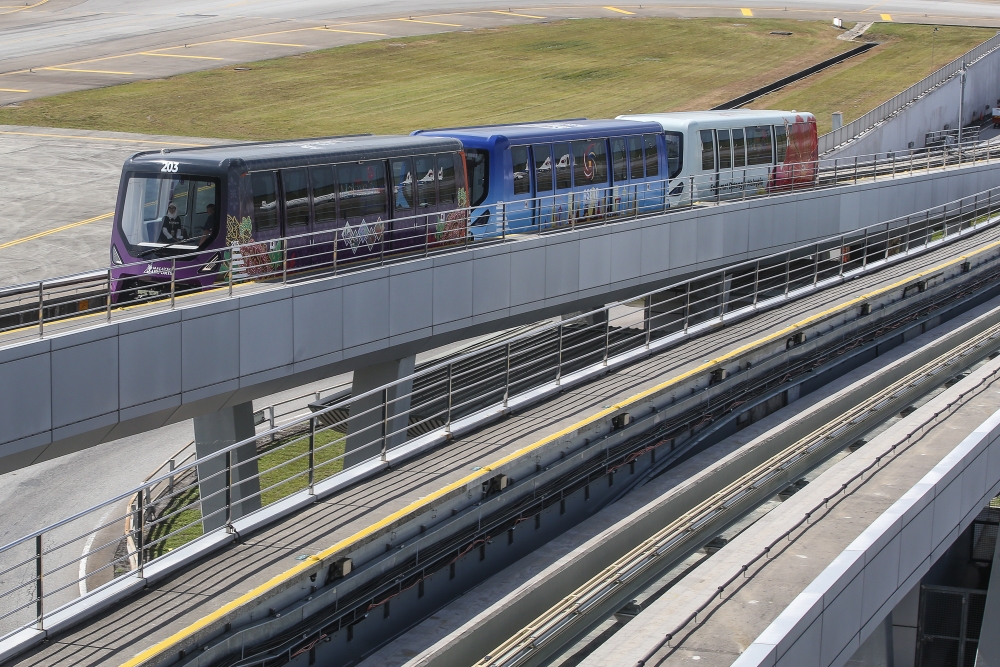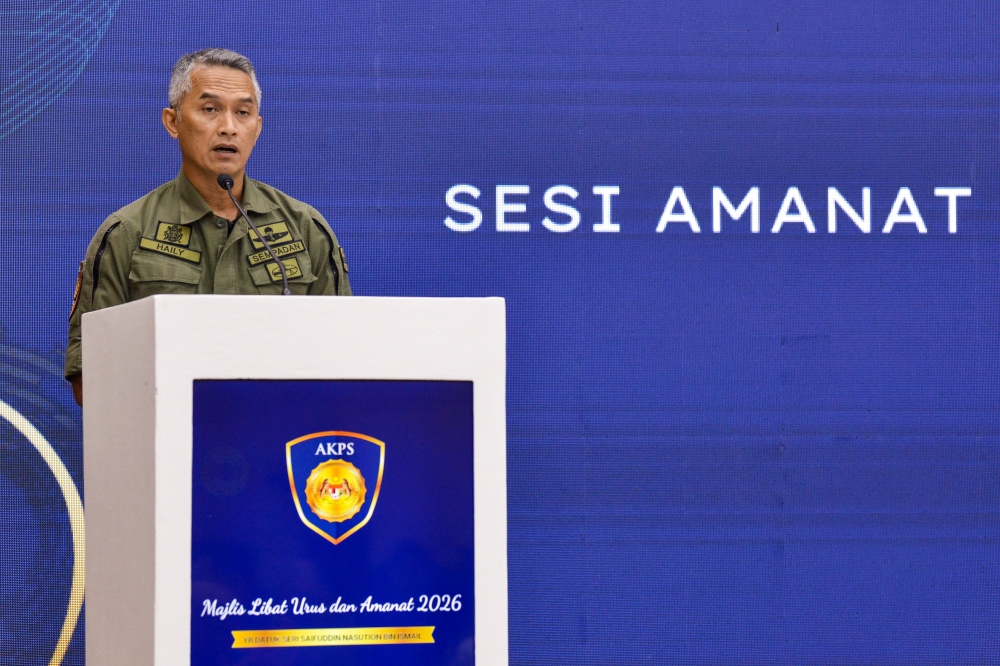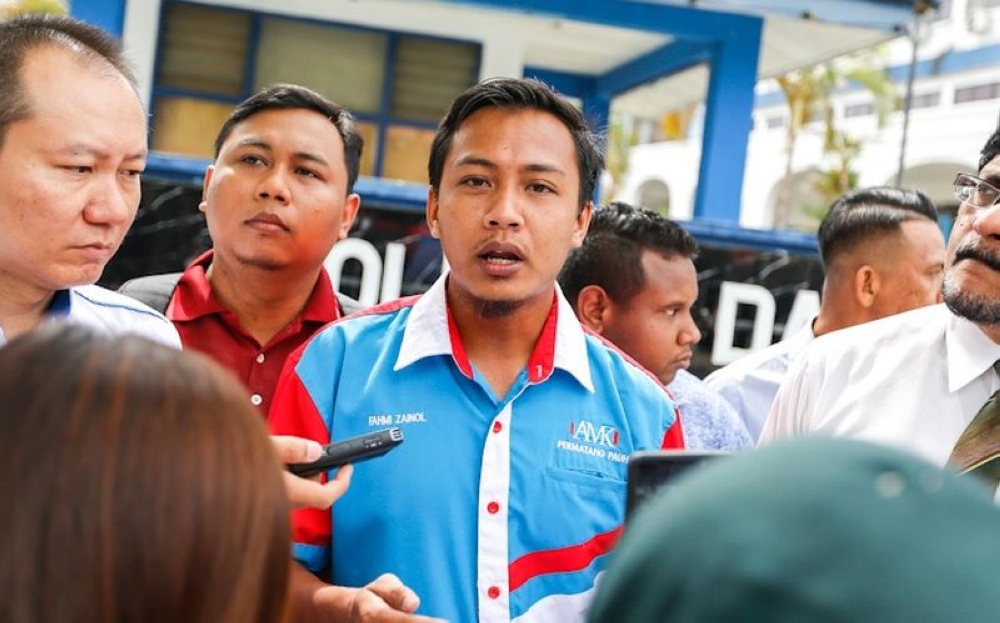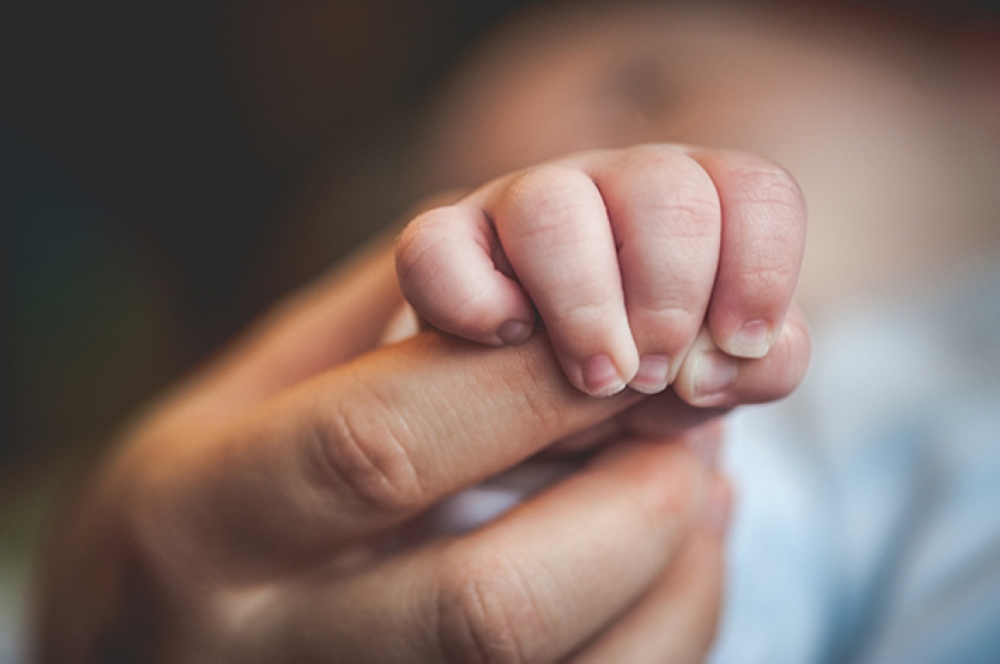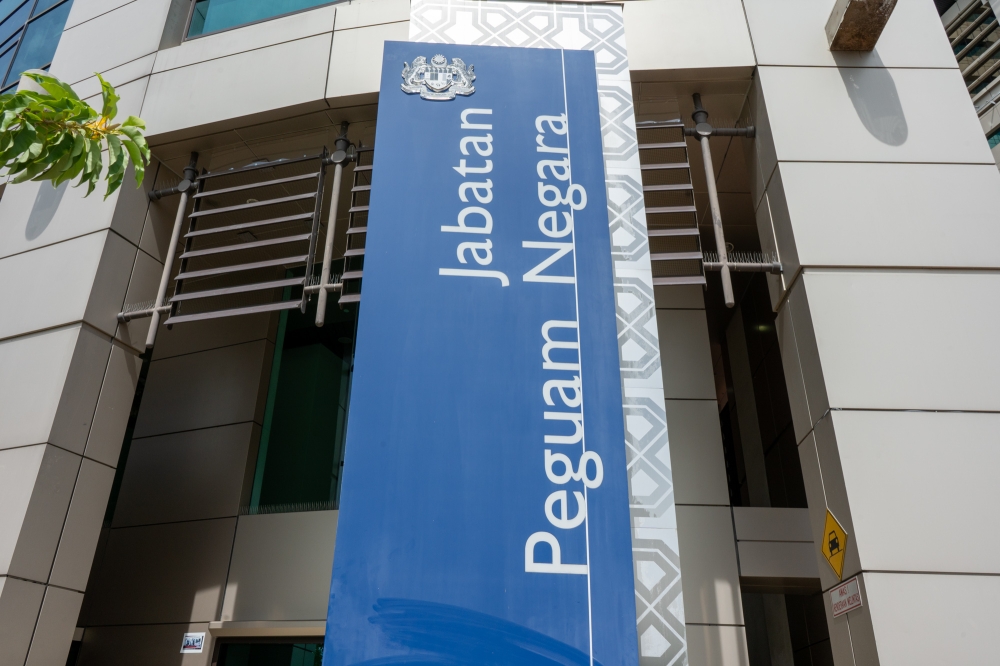KUALA LUMPUR, Nov 20 — One of the requirements necessary in order to qualify to be a Malaysian citizen is you need to be a person of good character.
But who decides if your character is “good” or not, and how? And why do you need to be of “good character”?
If you never had to think about this before, you probably don’t fall within these three categories of those seeking to be called Malaysians: Malaysian men’s foreign wives; those born in Malaysia before Merdeka Day; or those who want to be a naturalised citizen.
For these three types or categories of citizenship applications (under the Federal Constitution’s Article 15(1), Article 16, Article 19), being of “good character” is one of the requirements you must fulfil.
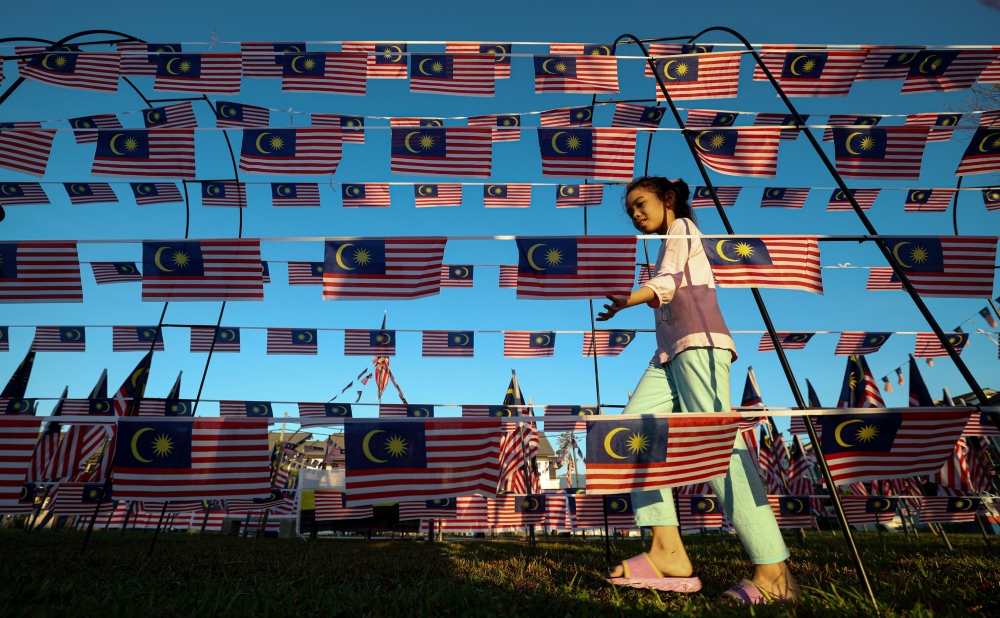
1.But what is ‘good character’?
The Federal Constitution does not actually define the term “good character”.
But the Malaysian government has in practice required the police to certify that a person applying for citizenship has good conduct.
Here are some hints based on the Home Ministry’s past written parliamentary replies at the Dewan Rakyat:
In two separate written parliamentary replies on October 24 and November 18, 2019, the Home Ministry stated the same condition of “berkelakuan baik yang ditapis melalui tapisan keselamatan oleh Polis Diraja Malaysia” (good character as screened through security vetting by the Royal Malaysia Police) as being among the conditions for citizenship applications under Article 15(1), 16 and 19.
Apart from the requirement of differing length of years of stay in Malaysia before applying for citizenship as well as being of good character, Article 16 and Article 19 applicants have the additional requirement of having an elementary and adequate knowledge of the Malay language respectively.
In a June 2012 written parliamentary reply to a question on whether the government could relax citizenship requirements for those who have lived here over 20 years, the Home Ministry said applicants need to have knowledge of the Malay language and be of good character.
“In this context, the applicant must have never been convicted of criminal offences or have intention and conduct that can threaten or undermine the country’s sovereignty, harmony and security.”
In short: Having no criminal records seems to be the benchmark set, at least according to parliamentary replies.

2. Why is good character needed?
Again, the Home Ministry had in the past given subtle clues in Parliament about policy considerations that are taken into account when it decides on whether to approve or reject citizenship applications under Article 15(1), Article 16 and Article 19.
(These three categories would require citizenship applicants to first officially obtain a permanent resident status from the National Registration Department, before they can even submit their citizenship applications. Those who were born and lived in Malaysia all their lives since before Merdeka can apply under Article 16, some also apply under Article 19 and this means that Article 19 is not only used by those who are “foreigners”.)
In a June 13, 2012 written parliamentary reply to Beruas MP Datuk Ngeh Koo Ham’s question on why those born in Malaysia and having never been abroad were refused Malaysian citizenship despite fulfilling the requirements in the Federal Constitution, the Home Ministry said Malaysian citizenship is not automatic for permanent residents who have fulfilled the requirements but that it has to be applied for at the NRD.
The Home Ministry also said the awarding of Malaysian citizenship is not a right that any foreigner who has fulfilled the requirements can demand for, but that it is the Malaysian government’s highest award to foreigners who have lived in Malaysia according to the period stated in the Federal Constitution.
The ministry also said permanent residents who fulfilled the basic requirements will not necessarily be awarded Malaysian citizenship, stating: “Each application received will be scrutinised and given the appropriate consideration by taking into account other factors related to the country’s development, wellbeing and security (pembangunan, kesejahteraan dan keselamatan negara).”
In a March 25, 2010 written reply to then Kulai MP Tan Sri Ong Ka Ting, the Home Ministry said a task force set up in 2009 had managed to resolve a backlog of 32,297 citizenship applications from 1997 to 2006, and confirmed it had received 14,054 applications under Article 15(1) and Article 19 from 2006 to 2009.
Among the reasons why some citizenship cases had been pending for so long, the Home Ministry said it only considers applications which had fulfilled constitutional requirements, and that there was limited manpower to handle the ever-increasing number of applications, and also cited the need for each citizenship application to go through the security vetting process “to ensure the applicant is clean from any criminal records”.
In that 2010 reply, the Home Ministry said it had taken drastic steps to ensure citizenship applications are processed within a more practical period for applicants, including setting a customer charter for citizenship applications received from 2009 onwards to not exceed three years from the day that the NRD receives a complete application.
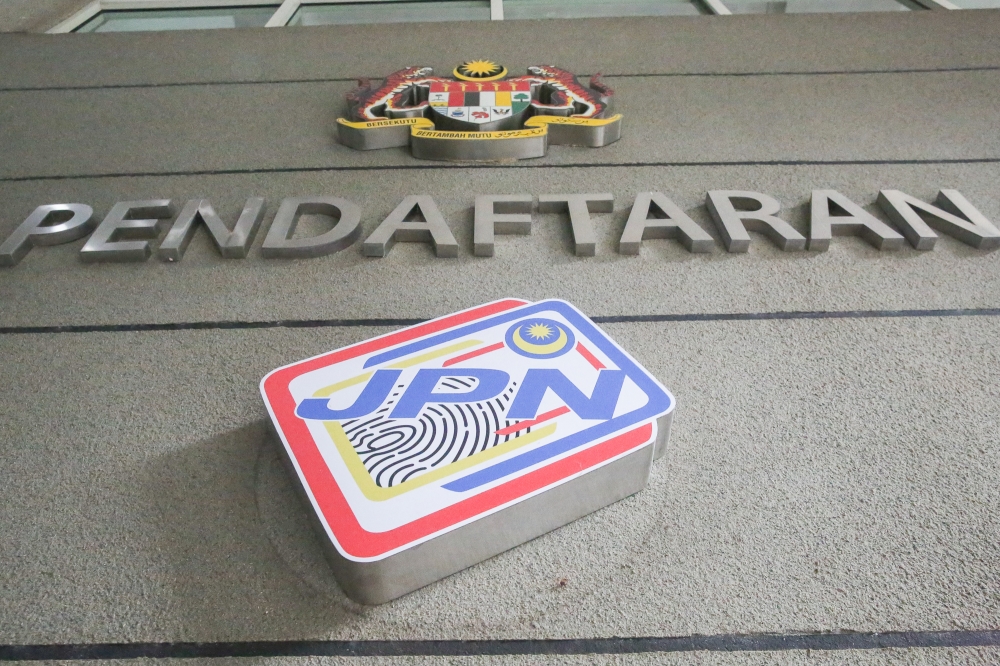
3. Are there gaps in the ‘good character’ test?
Development of Human Resources for Rural Areas (DHRRA) Malaysia, a non-governmental organisation which has experience helping and handling thousands of stateless persons (including those born here pre-Merdeka) to be Malaysians, had previously identified the challenge of being certified to be of “good character”.
DHRRA had noted that the Home Ministry carries out security checks on citizenship applicants’ backgrounds to ensure that their applications are genuine, and that getting a certificate of good conduct is therefore required before one can apply.
“However, in the absence of the definition of 'good character' in the Federal Constitution, all applicants with crime records is rejected, no matter how petty the crime is or how many years have lapsed since the crime was committed,” the organisation said in its booklet Report: Statelessness in Malaysia.
In the NRD’s citizenship application form for those seeking to be a naturalised citizen under Article 19 (otherwise known as Form C), there is a section called “Kelakuan” (character or conduct), with three questions including whether the applicant has ever been convicted or found guilty of any offences; and whether the applicant has ever been detained in prison or in psychiatric institutions through court orders.
Those who said yes to those questions above would have to fill in details under the third question, namely the offence, the fine amount, the duration of the sentence or detention, the country involved, and the total of months or days of detention.
The exact same questions are also contained in Form A, which is the citizenship application form for those applying under either Article 15(1), Article 16 or Article 16A.
While citizenship applicants have to self-declare their criminal records in these forms, the NRD and the Home Ministry would carry out security vetting through the police for these citizenship applications under Articles 15(1), 16 and 19.
This security vetting is done internally between those government bodies without any involvement by the citizenship applicants, DHRRA previously told Malay Mail.
On October 25, Home Minister Datuk Seri Saifuddin Nasution Ismail announced a shorter security vetting process for citizenship applications following the introduction of an integrated security vetting system between the NRD and the police, and said the system would automatically reject applications of anyone involved with an organisation considered dangerous and a threat to public order, and those who had overstayed.
Based on the experiences of DHRRA’s community paralegals, DHRRA confirmed to Malay Mail recently that citizenship applicants who need to go through security screening would be rejected, even if the offences they committed were minor offences and even if those criminal cases were as long as 15 years ago.
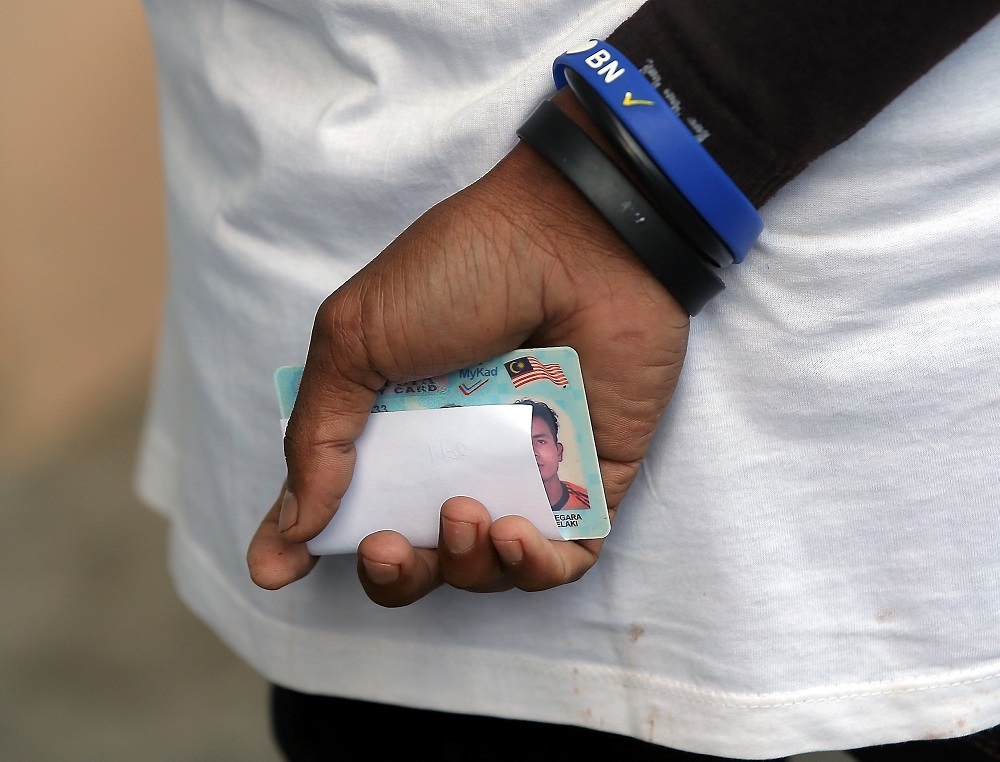
4. A story of a former plumber who wanted to belong
In March 2014, a 71-year-old former plumber, R. Kolandavaloo, succeeded in his court challenge against the NRD’s September 29, 2011 decision to reject his citizenship application by saying he was “not of good character”.
Based on previous news reports by local news website Malaysiakini, Kolandavaloo was born at the Klang Hospital in Selangor in 1943 and all his siblings are Malaysians, while his wife and children are all also Malaysians. He was staying in Malaysia with a permanent resident status.
He had been unsuccessful in his attempts since 1983 to apply for citizenship and had in August 2010 made another application and in March 2011 sat for the Malay language test, but in January 2013 received the NRD’s 2011 rejection letter of his application.
He had on February 28, 2013 filed the court challenge against the home minister, NRD director-general and the Malaysian government.
On March 19, 2014, local daily The Star reported then High Court judge Datuk Zaleha Yusof as having told the Attorney General’s Chambers which was representing the government: “Do not be too technical. You are dealing with a human being. He is an old man. That (offence) is more than 40 years ago. You have written to the police, who said he had not committed anything else. Is that not enough for good character?”
The judge, who decided that the man should be recognised as a Malaysian, was also quoted saying: “He did not hide that he was under restricted residence. Don’t you think that people can change after 40 years?”
According to The Star, Kolandavaloo was convicted in 1965 and 1966 for theft and a minor offence where he was imprisoned for six months and fined RM50, and that he was under restricted residence from 1966 to 1973 in Mukim Serendah, Ulu Selangor under police supervision.
He had previously been given a red identity card — which denotes a person’s status as a permanent resident — in 1968 before being given a brown identity card in 1979 due to his restricted residence and issued a red identity card in 1983.
Kolandavaloo was quoted saying: “I stole chicken and was jailed by the Klang magistrate’s court in 1966. I did not commit any crime later and became a good person.”
His lawyer M. Manoharan was quoted by The Star as having argued that he was not a habitual offender and had fulfilled all other conditions required under Article 16, including having elementary knowledge of the Malay language.

5. Can Malaysia do it differently?
In its booklet carrying recommendations as of March 30, 2022 on statelessness, DHRRA recommended the Home Ministry or the NRD to provide “administrative guidance” on what the Federal Constitution’s term “good character” means and its correct interpretation to ensure consistency.
When assessing “good character”, the nature of the applicant’s criminal records should also be considered, DHRRA recommended in that booklet.
DHRRA told Malay Mail that citizenship applications under Article 19 are always challenging, and that the Home Ministry would typically only issue letters stating whether the applications have been successful but without stating any reasons if there is a rejection.
DHRRA said the rejection letters then have to be brought to the nearest NRD office to obtain information regarding the rejection.
When contacted, DHRRA said the Home Ministry should provide reasons in official letters when it rejects citizenship applications, and should also provide “clear standard operating procedures (SOPs)” to the general public on the period of criminal records that are taken into account.
“The Home Ministry also has to consider those who have records, but are of good character for seven to 10 years,” it suggested to Malay Mail recently, when suggesting that those who have no new criminal records in recent years should be cleared for citizenship applications.
With the Malaysian government reducing the time taken for the security screening process for citizenship applications, DHRRA had hoped this would ultimately result in shorter processing time for the actual citizenship applications.
Based on DHRRA’s experience so far, Article 19 applications could take more than four years before an answer is given, while Article 15(1) and Article 16 applications could take one year to process at the shortest but could also go up to three years for a decision to be made.

